In this backdrop, those who deal to protect and improve the natural environment including rivers, lakes, forest and wildlife should deeply concern the environmental challenges and the possible remedies. The unique design of nature has provided scavenger species, which keep the environment free of such wastes. In the countries which have long been the seat of civilisation it is not always a simple matter to reconstruct the "original" vegetation. But this can usually be done with a fair degree of certainly when sufficient detailed knowledge of the behavior of the native plants and communities they forms has been obtained and a comparison made with neighbouring countries having a similar climate and flora, but perhaps with different methods of forestry and agriculture. On the other hand, man is always unwittingly performing ecological experiments on a small or large scale, experiments which the ecologists can watch and the result of which he can trace out and record, thus slowly gaining an extensive knowledge of the capacities of plants, of their reactions to changed conditions, which the observer in a "virgin country" cannot easily acquire. It is that the farmer, landowner, or "local authority" sometimes carries his experiments further than the ecologist would desire. The observation of the process of recolonisation of a piece of cleared land, for instance, many be rudely interrupted by digging for grave, road-making or building. Interesting and instructive bits of vegetation are often destroyed by some fresh outburst of energy on the part of "higher powers", all the move irritating when it is clearly not wisely directed. But the observer who can put up with such disappointments, and who will never lose an opportunity of observing and comparing what is going on, can leave a great deal if he will adapt himself to the conditions of the countryside in which he lives.
Environmental Resources and Biological Hazards
$65.70
$73.00
In stock
Free & Quick Delivery Worldwide
All orders amounting to US$ 50 or more qualify for Free Delivery Worldwide. For orders less than US$ 50, we offer Standard Delivery at $14 per book.
ABOUT THE AUTHOR M P Singh
Dr. M.P. Singh, Head of the Department of Forest Sciences, Birsa Agricultural University, Ranchi (Jharkhand) earned his mater's degree in Botany with specialization in Taxonomy and after his PH.D degree in Floristic from Patna University and Diploma in Forestry from Forest Research Institute, Indian Council of Forestry Research & Education, Dehradun. He is a fellow in Life Sciences of Mendelian Society of India, Patna. Besides teaching Dr. Singh has been engaged with independent research in Project of Government of India as Principal investigator. He is noted Taxonomist of the country and have about twenty one years of long experiences. He is an advisor to the Government of India for whole Eastern Region on Horistic research and member of FLORA INDIA. He is the Editor of Journal "New Botanist" for forestry sector. He has published eight books in Botany, Forestry and on Environmental Sciences and also published eighty five research papers in National/International Journals. He has also guided a number of Scholar for award of Ph. D. degree in Botany as well as in Forestry. He is one of the member of Botanical Survey of India in a Research Selection Committee. He has extensively travelled in India and abroad in conection to floristic studies.
ABOUT THE AUTHOR Reena Mohanka
Dr. Reena Mohanka is Senior Grade Lecturer in the department of Botany in Science College Patna, Patna University, Patna. She has published about ten research papers in the reputed Journals. She is author of four books in the field of Botany and Environmental sciences. She has attended many seminars, symposia and conferences.
reviews
0 in total
Review by Anonymous
Be the first to review “Environmental Resources and Biological Hazards” Cancel reply
You must be logged in to post a review.
Bibliographic information
Title
Environmental Resources and Biological Hazards
Author
Edition
1st ed.
Publisher
ISBN
8131304372
Length
x+446p., Tables.
Subjects

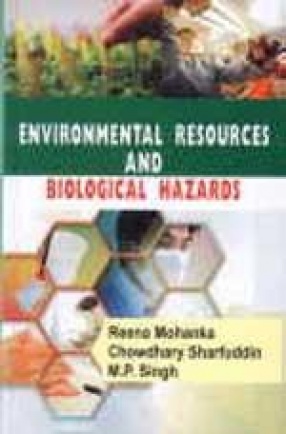
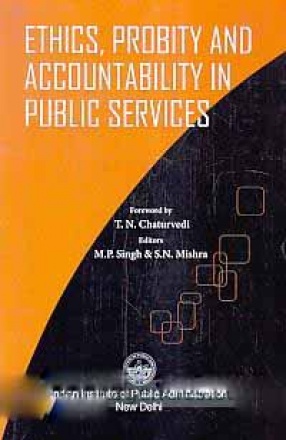

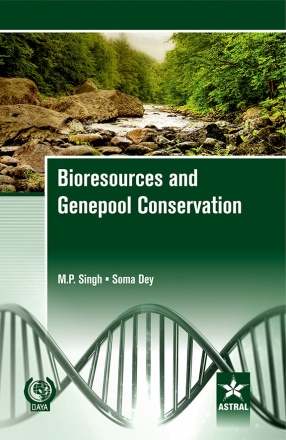
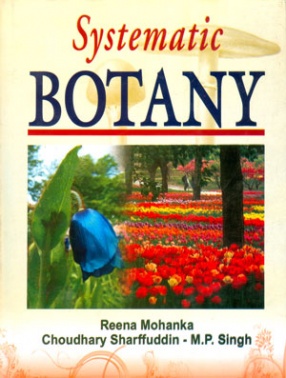
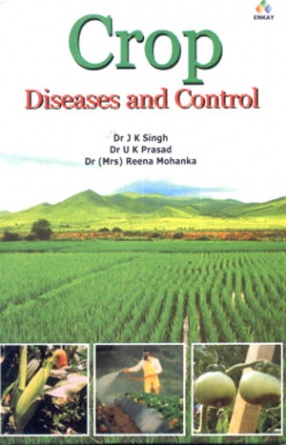
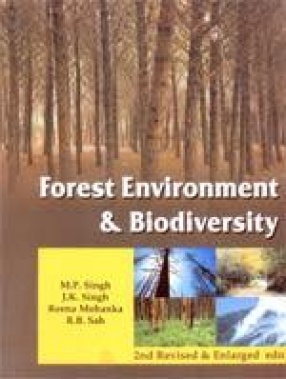
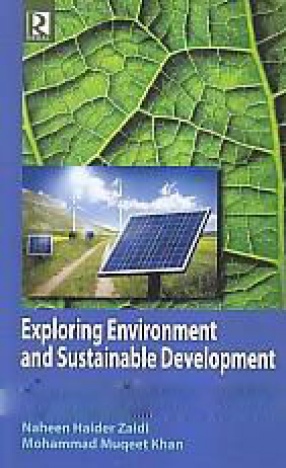
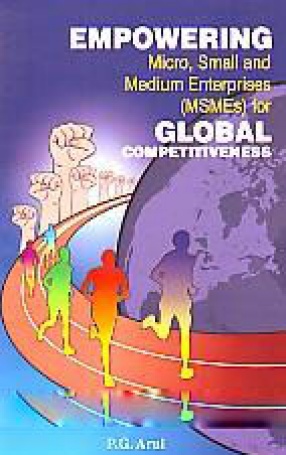

There are no reviews yet.